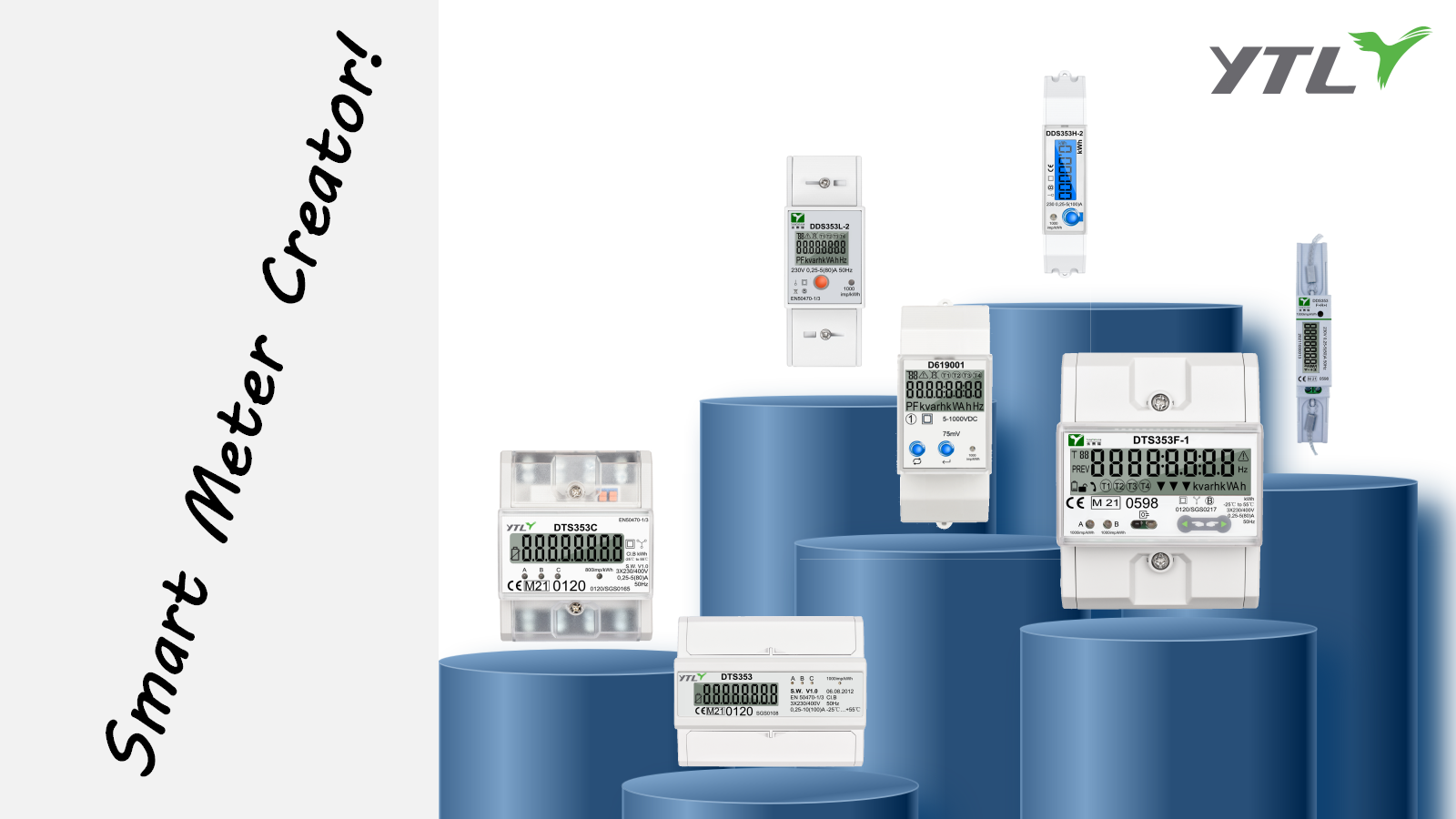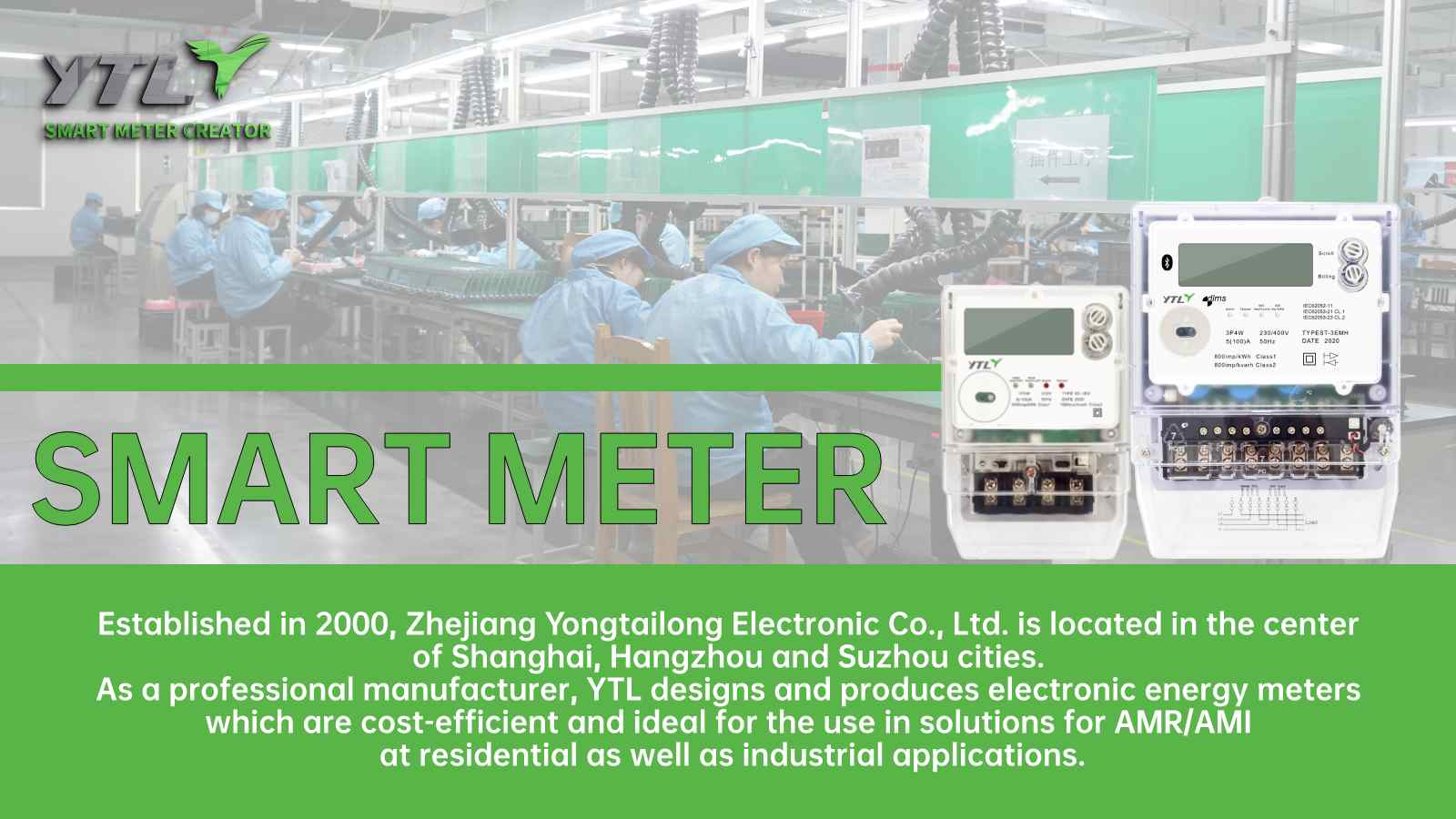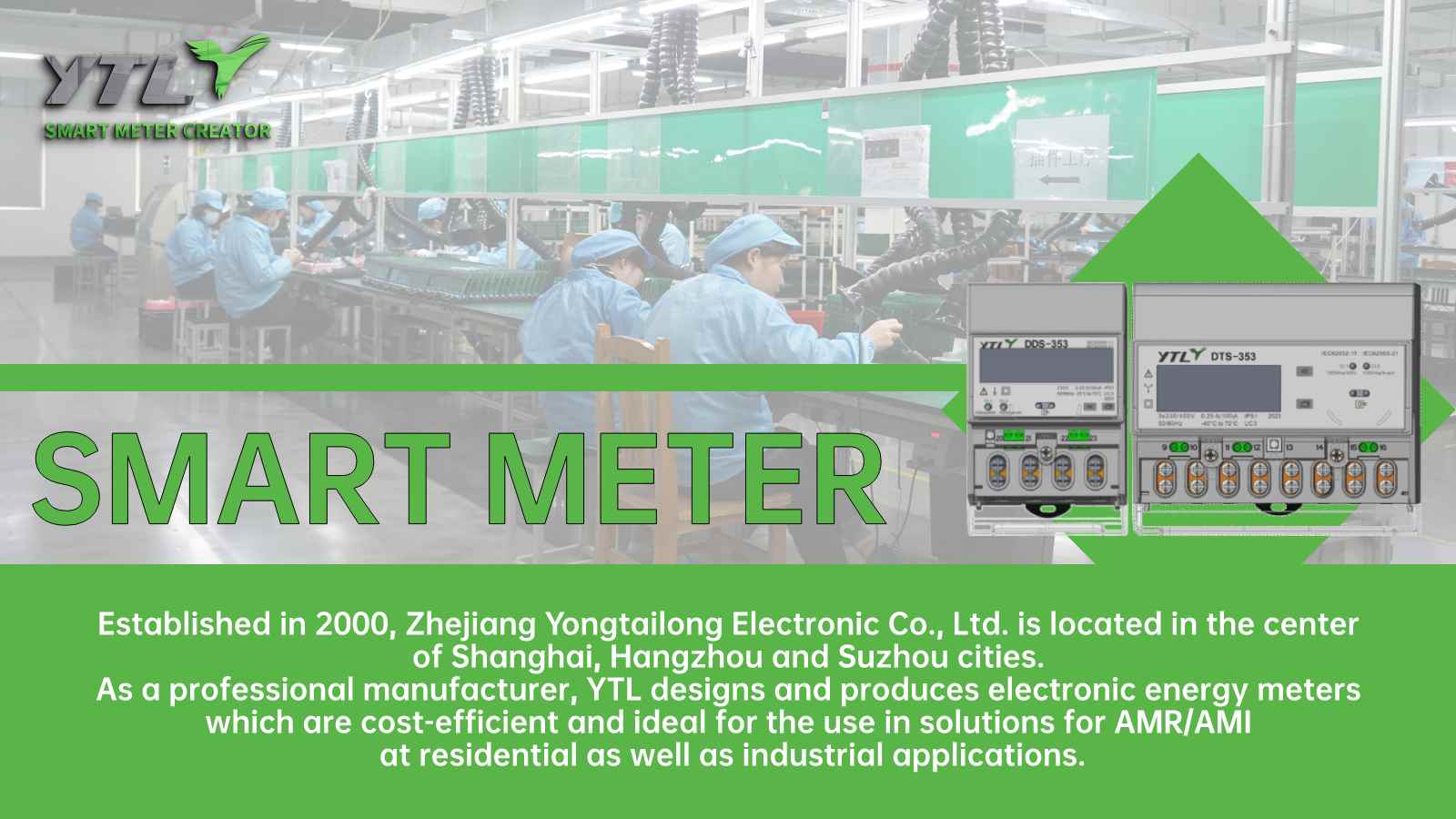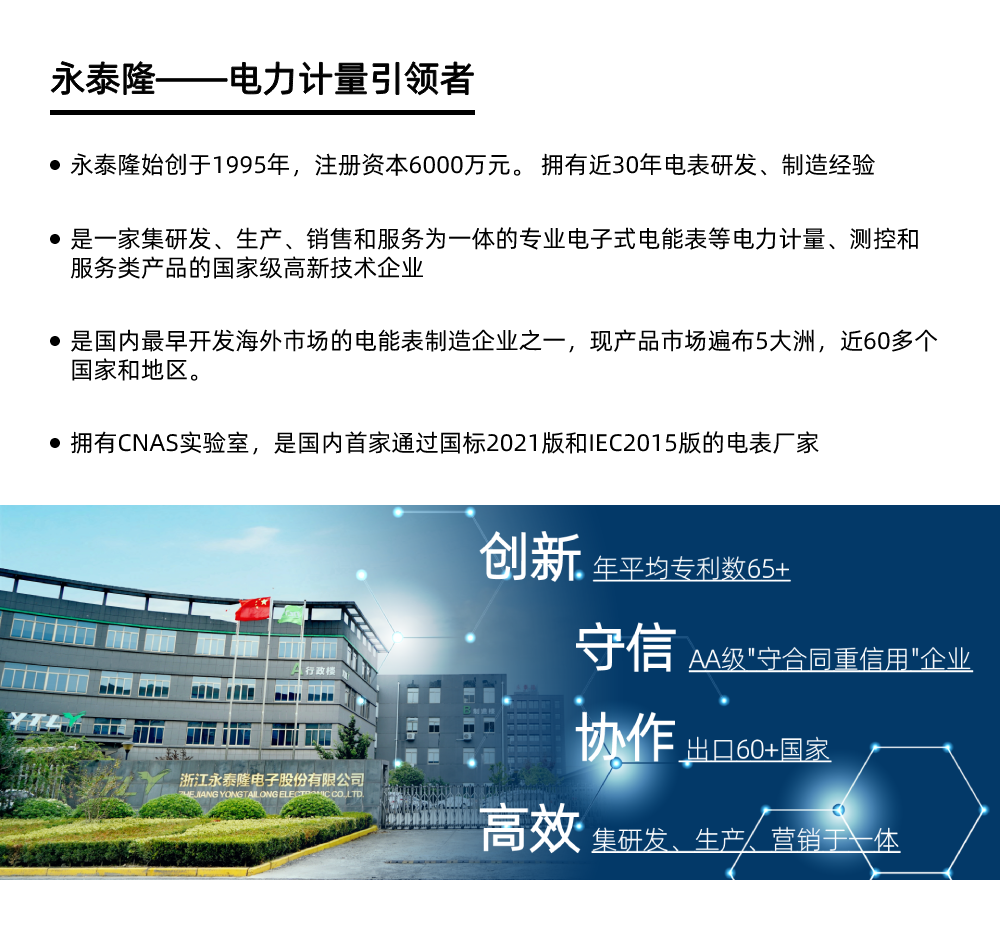In today's era of rapid technological advancement, smart meters have gradually replaced traditional meters, becoming a reliable assistant for modern households and commercial electricity management. However, many users, when the encountering smart meters, often have the impression that electricity consumption appears to be faster compared to traditional meters. This perception is influenced by various factors, including metering technology, electricity usage habits, and differences in electrical devices. This article will analyze the reasons behind the seemingly faster electricity consumption recorded by smart meters compared to traditional meters and explore the advantages of smart meters.
I. Differences in Technology
1. Improved Metering Accuracy
Smart meters use advanced electronic measurement technology and sensors, offering far greater accuracy than traditional meters. Traditional meters typically rely on mechanical measurement, which can be affected by wear and tear, temperature, and other factors, lead to measurement errors. In contrast, smart meters can monitor and record electricity usage in real time with minimal error, providing a more accurate reflection of actual electricity consumption.
2. Detection of Small Currents
Smart meters can measure not only normal electricity consumption but also small currents from appliances in standby mode or minor leakage currents. These small currents are often ignored by traditional meters but are accurately recorded by smart meters. As a result, even when appliances are in standby mode, a smart meter will detect and record the electricity consumption, which may give users the impression that electricity is being consumed faster.
II. Differences in Electricity Usage Habits and Devices
1. Increase in Electrical Appliances
With technological advancements and improved living standards, the number of electrical appliances in modern households has significantly increased. Many of these appliances, especially those that run continuously, such as air conditioners and refrigerators, consume a considerable amount of electricity. Smart meters accurately record the electricity consumption of all devices, whereas traditional meters may have measurement errors that cause some electricity usage to go unrecorded.
2. Changes in Electricity Usage Habits
Modern lifestyles and electricity usage habits have changed significantly compared to the past. For instance, the use of portable devices such as smartphones and tablets has become more frequent, requiring constant charging. Additionally, the rise of smart home technology has led to increased use of smart plugs, smart lighting, and other connected devices, all of which contribute to higher electricity consumption. Smart meters can accurately track these changes, whereas traditional meters may not capture such subtle variations, lead to the perception that traditional meters consume electricity more slowly.

III. Advantages of Smart Meters
1. Real-time Monitoring and Data Analysis
Smart meters provide real-time monitoring and data analysis functions, allowing users to track their electricity consumption at any time via mobile apps or computer platforms. Users can view data such as electricity usage, consumption trends, and estimated costs. This real-time monitoring helps users better understand their electricity consumption and adopt more efficient energy usage strategies.
2. Energy Saving and Smart Management
Smart meters can seamlessly integrate with smart home systems to enable intelligent electricity management. Users can set up scheduled power on/off functions, power consumption limits, and other energy-saving features to control household electricity usage effectively. Additionally, smart meters provide electricity companies with more accurate consumption data, helping them develop better pricing and energy-saving policies, ultimately promoting society-wide energy conservation and emission reduction.
3. Enhanced Safety and Convenience
Smart meters come with built-in safety features such as overload and short-circuit protection, ensuring timely detection and prevention of potential electrical hazards. Moreover, smart meters support remote meter reading and bill payments, simplifying electricity management for users and enhancing both convenience and security.

The perception that smart meters consume electricity faster than traditional meters is mainly due to their higher measurement accuracy, ability to detect small currents, and differences in electricity usage habits and devices. However, this does not mean that smart meters have measurement errors or issues. On the contrary, with their advantages in high-precision metering, real-time monitoring, smart management, energy efficiency, and enhanced safety, smart meters are gradually transforming the way we use electricity and live our daily lives.
Therefore, we should embrace smart meters as a technological advancement and make full use of their benefits to enhance our quality of life. At the same time, we should develop good electricity usage habits and contribute to energy conservation and environmental protection efforts for the betterment of society.


 English
English 简体中文
简体中文








.png?imageView2/2/w/500/h/500/format/png/q/100)





